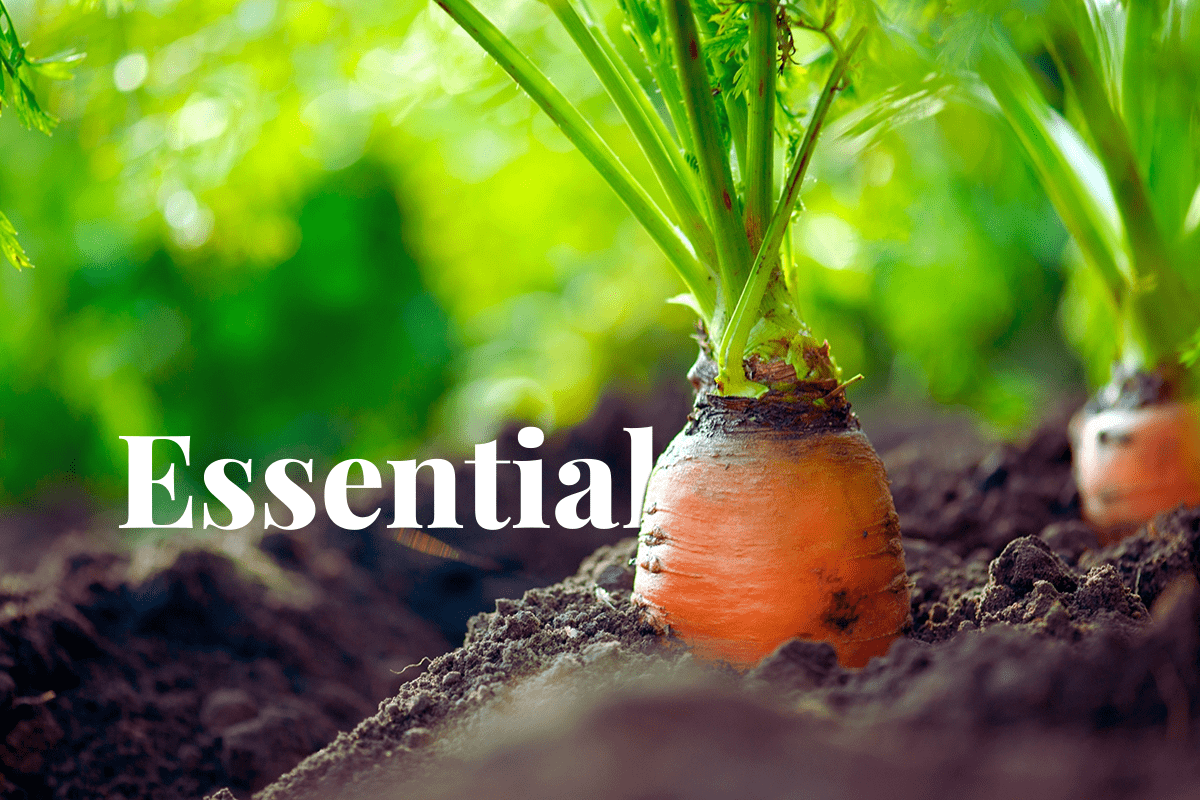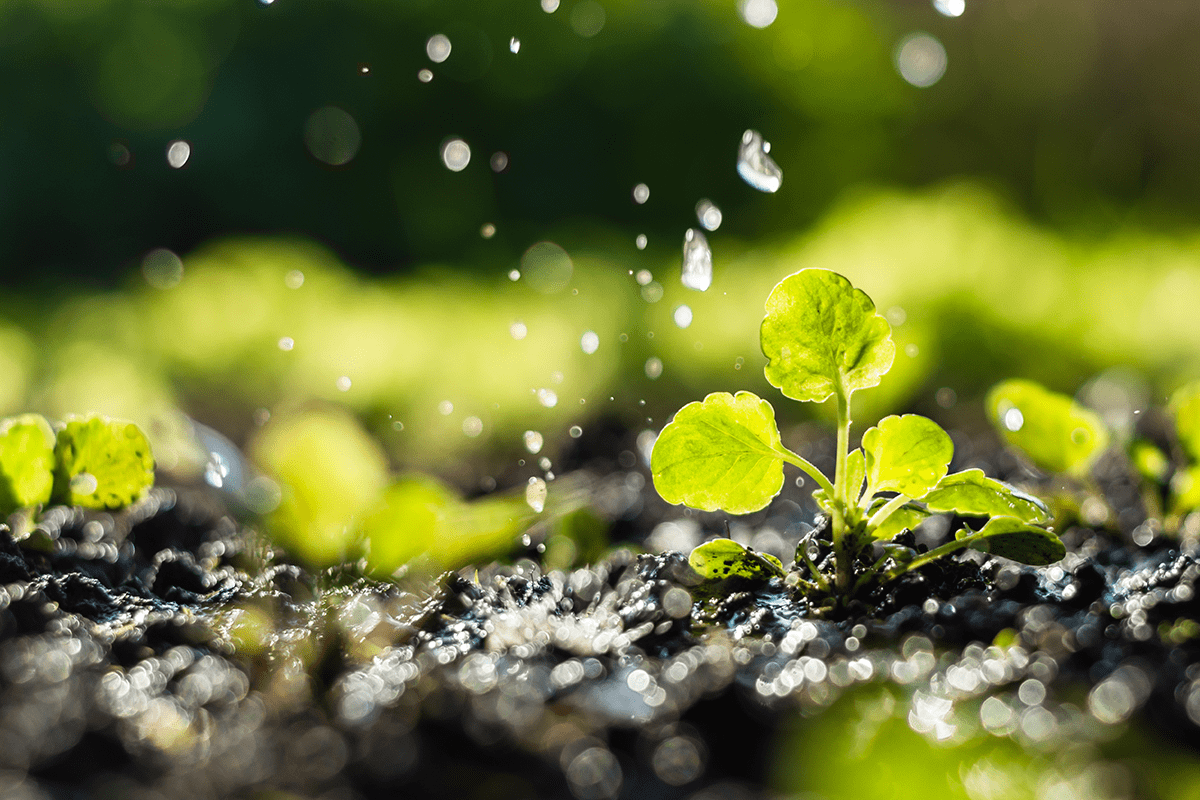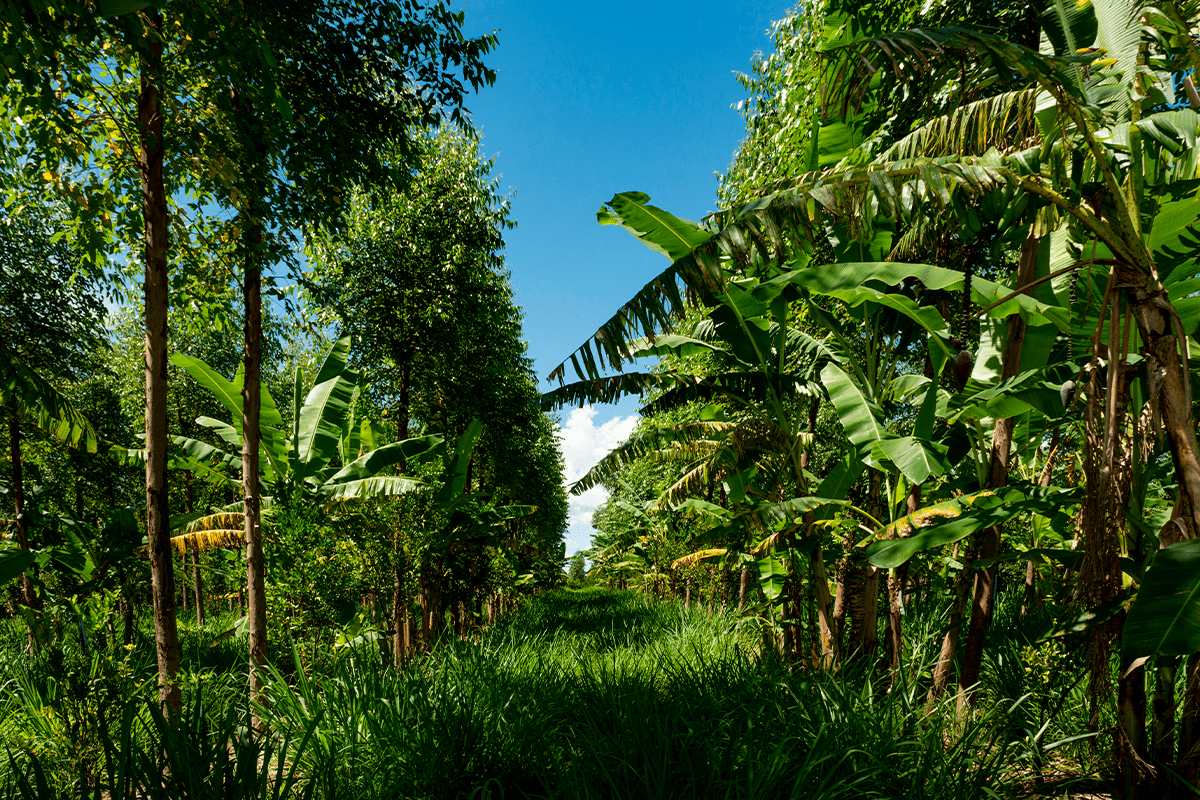Soil is essential for global food production, providing 95% of the food we eat. However, according to the United Nations (UN), a third of global soil has already degraded, reducing the quality and quantity of crops and food produced. Soil health is crucial to global food production and many other aspects of life on Earth. Land degradation can however have severe environmental consequences, such as floods and mass migration. This article will explore the importance of soil health for food production, the benefits of soil, and the threats to soil health. We will also discuss how technological solutions and innovative farming practices can help keep soil healthy, monitor its quality, and avoid further land degradation.

Threats to soil health and global food security
Increased demand for agricultural products has led to more and more grasslands and forests being converted to fields and pastures for farming. Intensive agricultural practices disrupt soil structure, leading to loss of organic matter and fertility, disruption in water, organic carbon, and plant nutrient cycles, and accelerated surface runoff and soil erosion. Overgrazing and only growing one crop in the same land area (monoculture) can also be highly damaging to the soil. The same nutrients are absorbed over and over, effectively leading to soil exhaustion and creating the ideal environment for pests and diseases that destroy crops.
Read more: What is sustainable land management?
Such changes to the environment are threatening global food security. More than 800 million people suffer from hunger, and by 2050, we will need to produce 60% more food to feed a global population of more than 9 billion, according to UN estimates.
Benefits of soil and its crucial role in life on Earth
Soil is vital to life on Earth in many ways beyond providing food. Minerals and microbes within soil play a vital role in cleaning water and filtering out pollutants. Soil helps to regulate the movement of water and prevent flooding by controlling whether rainfall and irrigation water flows over or through it. The organisms within the soil can kill harmful bacteria and be used in medicine. Soil also plays a vital role in mitigating changing climates, as it is the biggest carbon sink after the oceans, helping to regulate atmospheric carbon dioxide concentrations.
Read more: 10 Vital ecosystem services: sustaining life on Earth

Technological solutions for soil health
Technological advances are helping to make sustainable farming practices happen. For example, farming equipment suppliers like John Deere have developed ‘no-till’ machinery designed to cause less damage to soil, while other companies have developed robots that can both plant and weed in a less disruptive way.
Soil monitoring is essential for maintaining soil health. European governments set up the European Union Soil Observatory to collect and track soil data, aiding research and policy development. UK firm Harvest Agri developed a microbiometer soil test. It allows farmers to take a soil sample and then use an app on their mobile device to determine which fungal and bacterial microbes are present.
Read more: Carbon farming: How is it good for the environment, farmers, and biodiversity?
Innovative farming practices for soil health
Farming practices must change—but in more sustainable ways avoiding further land degradation—to feed a rapidly growing global population. Agroforestry is a combined land management approach where trees and shrubs are integrated with crop and livestock farming systems. Trees create their own microclimate, which helps crops and protects them against water and wind damage.

Soil satellite surveillance is also used to help solve soil issues. Members of the World Economic Forum’s UpLink innovation platform use satellite data and AI technology to help regenerate degraded soil in East Africa and restore degraded land in South Asia. They do this by monitoring soil carbon change, thereby reducing the risks for farmers to change to more sustainable methods.
Read more: How regenerative agriculture is transforming sustainable farming
Ensuring healthy soil for the future
Healthy soil helps mitigate environmental consequences such as floods and mass migration while ensuring sustainable food production for a growing global population. Therefore, soil monitoring, innovative farming practices, and technological solutions are essential for maintaining soil health and combating land degradation. By implementing these solutions, we can ensure that soil continues to play a vital role in global food production and the natural world's healthy functioning.
At DGB Group, we recognise the importance of healthy soil and its vital role in sustainable food production and farming. That is why our large-scale carbon projects incorporate and teach local communities about sustainable farming and land-management practices, helping to preserve nature and biodiversity whilst contributing to the sustainable development of such communities.
Find out what DGB can do for your land



